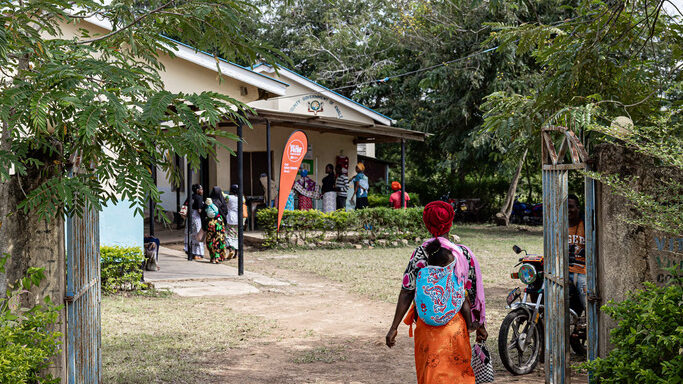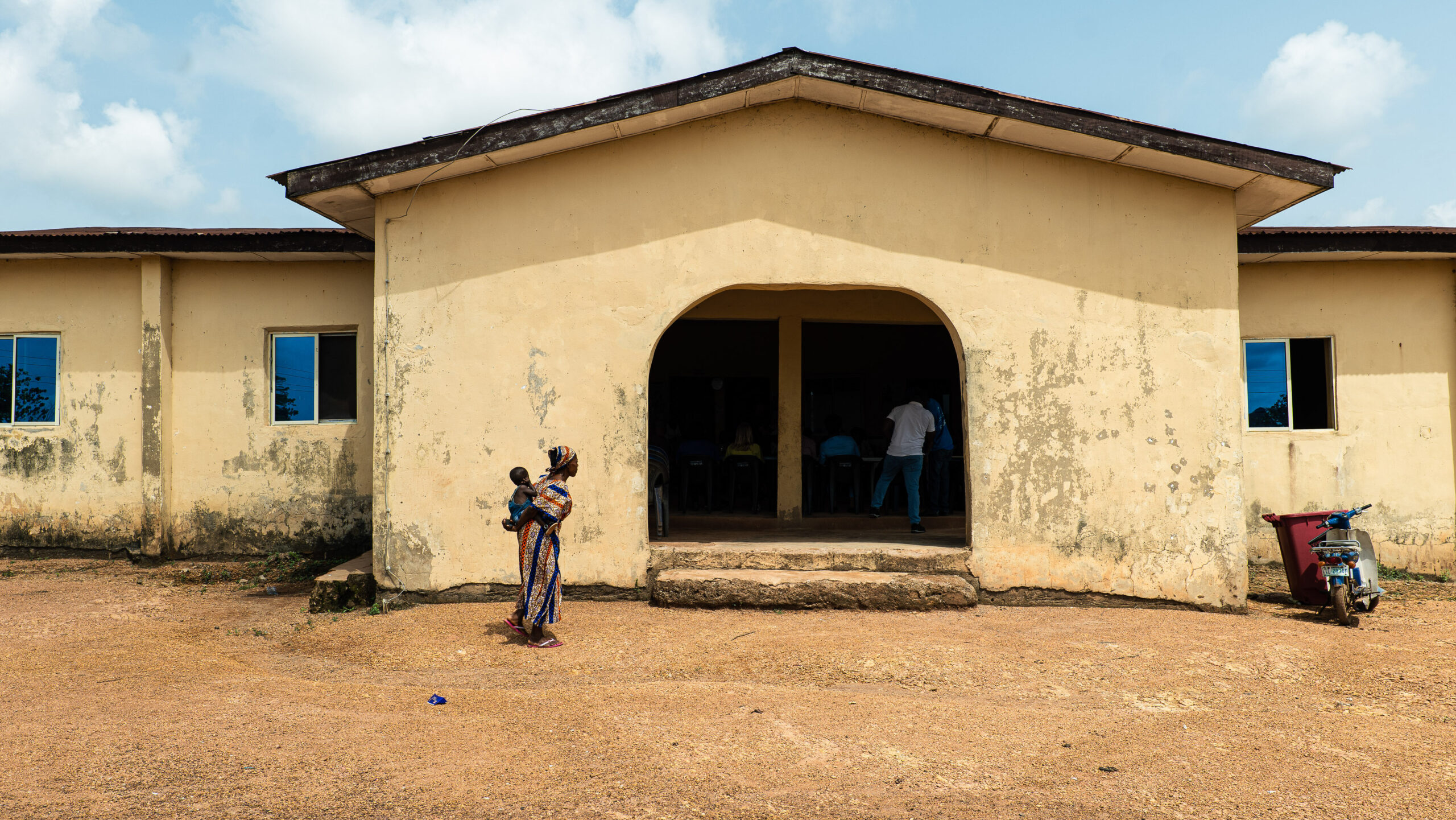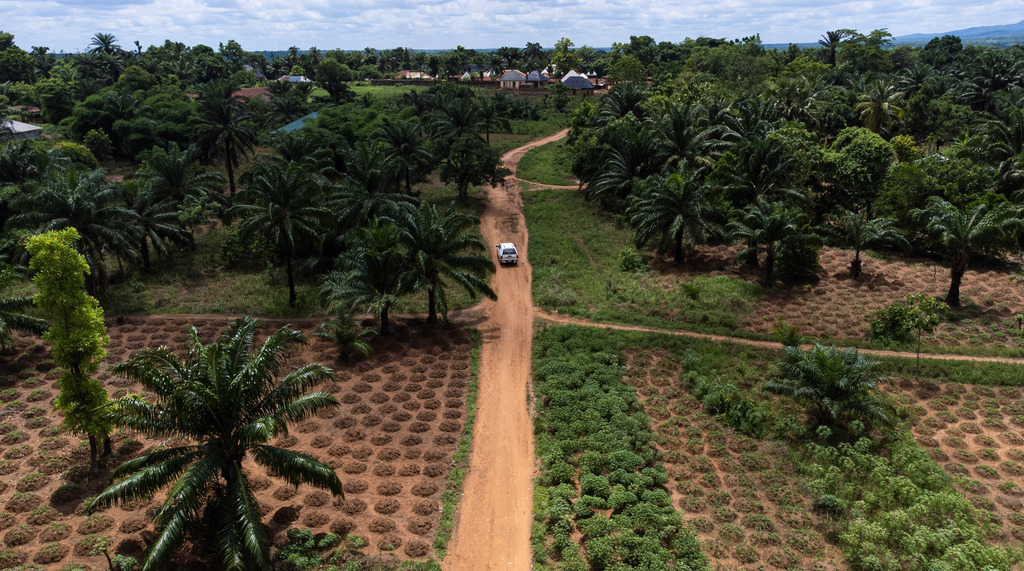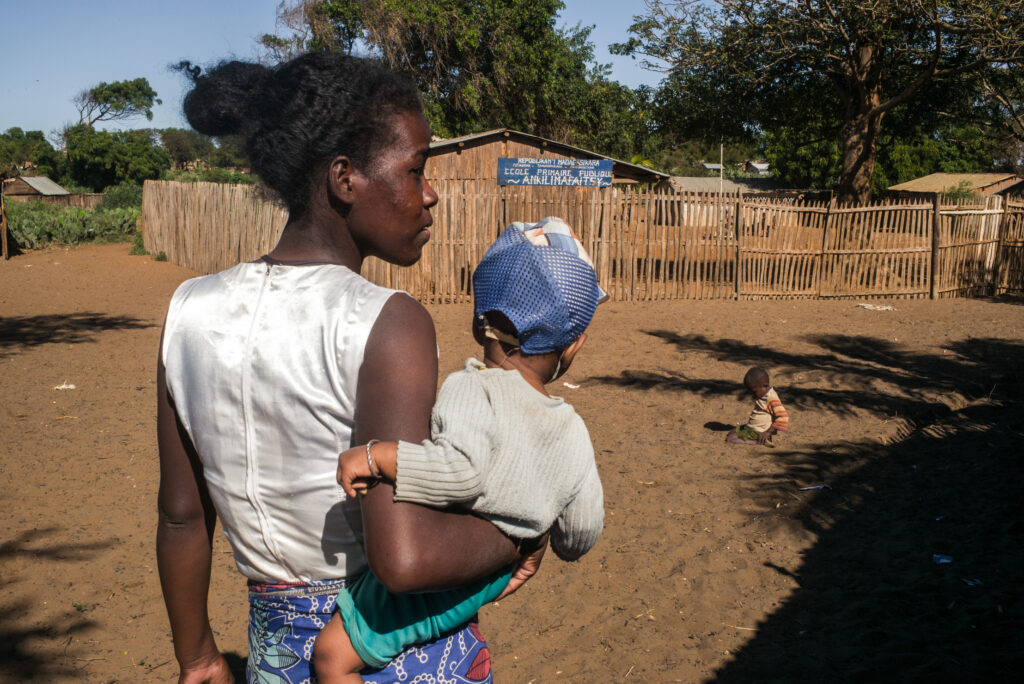
Four young children call 25-year-old Valiasae mum. They depend on her for their food and good health, and future opportunities. But as drastic climate-related weather patterns are increasing, these are becoming a harder thing to grasp.
Valiasae describes a years-long drought and the ‘tiomena’ (intense, dusty winds) in the Androy region of Madagascar, which have made it nearly impossible for people in their village to continue their livelihood of cultivating crops.
“We are unable to produce enough to feed ourselves and make a living. It’s devastating to see all our hard efforts disappear. We work hard with whatever means we have, but without the rain, everything is destroyed.”
As they try to find new sources of income, they sometimes must travel kilometres to get so much as a cup of rice. The turbulent winds have made fishing difficult. Many in the village are eating cactus fruit to survive.
“Feeding four children is already very difficult for a family like ours in current circumstances. I wonder how some women manage to keep a family with many more children.”
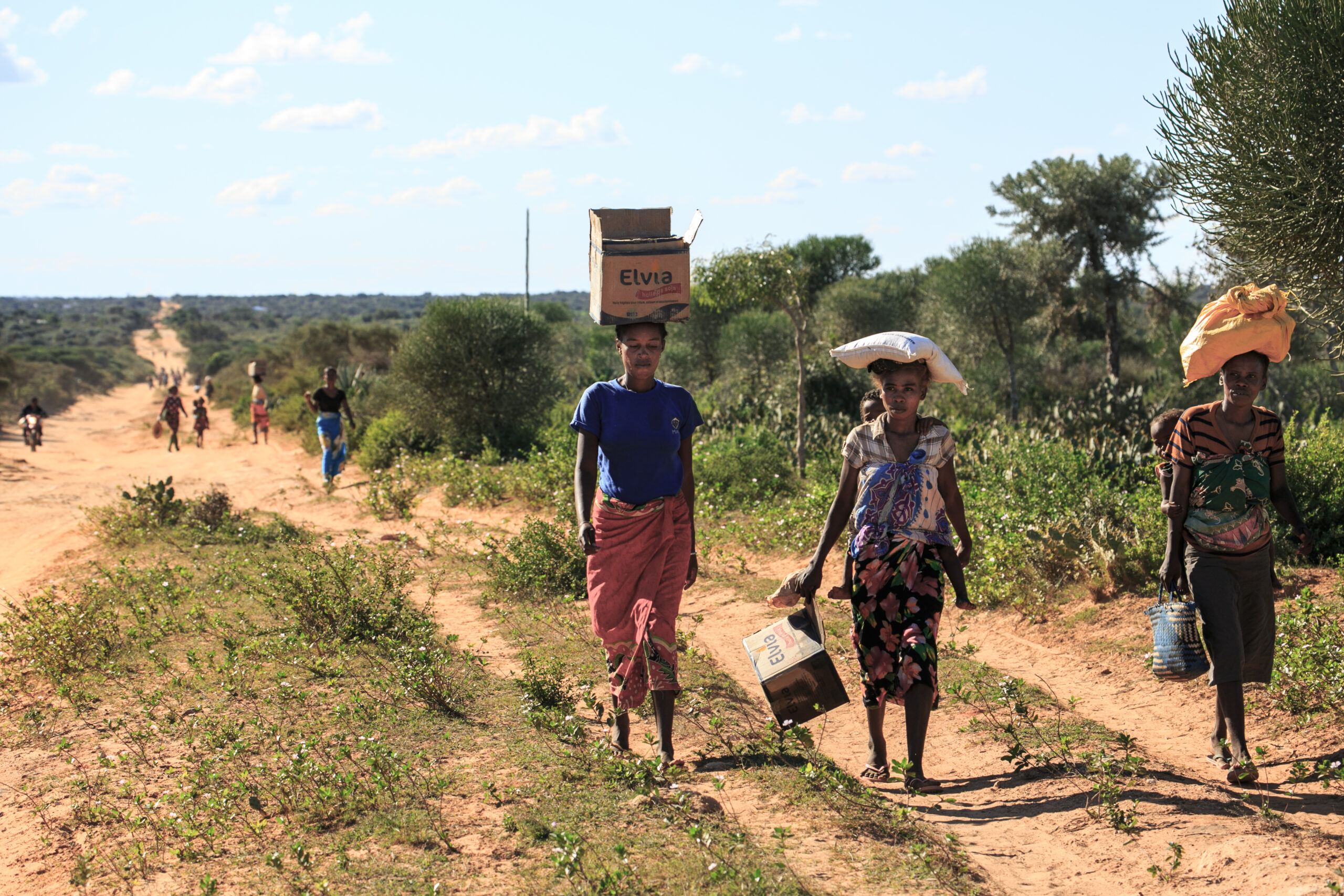
One thing bringing some hope and building resilience in this community is reproductive healthcare–so pregnancy becomes a choice, not a given. It means families can take care of the children they have and not put extra strain on their resources in difficult times.
Valiasae describes how people who use contraception can be shunned; it’s still not fully accepted in their community. But when she learned about MSI and these services, she and her husband strongly agreed that it would help them “provide a better future for our children”.
“I’ve just changed to using an IUD after receiving contraceptive counselling from MSI. I can already imagine how happy my husband will be when he finds out that the IUD can give us protection against unwanted pregnancies for 10 years! It’s also discreet, meaning that we don’t have to stock up on pills every month at the local clinic at the risk of being seen and judged by others.”
She is emphatic that “these services are needed by many women to improve their lives.”
While the damage inflicted by climate change isn’t slowing, women in the most affected regions are speaking up loud and clear: they want to have control over when they have children.
A simple contraception method can make all the difference to a family like Valiasae’s.






